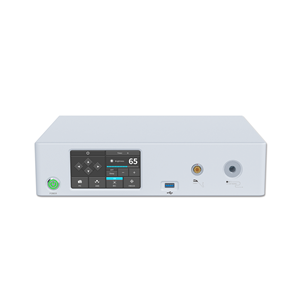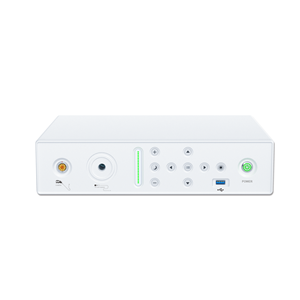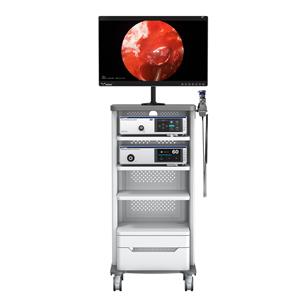When is cystoscopy necessary?
The bladder is a hollow organ that stores urine in the human body. Although we can understand the bladder indirectly through ultrasound and CT, we cannot directly observe the interior of the bladder from the outside. Therefore, cystoscopy is also expressed by urologists.” you are my eye". It has been more than 200 years since the introduction of cystoscope. The light source has evolved from the earliest candle to a cold light source, and the mirror body has also evolved with multiple channels, which can complete various operations. Transurethral cystectomy and prostate resectoscope evolved on this basis have long been the powerful tools for endovascular treatment in urology.
When should cystoscopy be performed?
1. If there is a space-occupying lesion in the bladder, cystoscopy can observe the size, location and number of the lesion, and decide the surgical method;
2. Ultrasound and CT find stones and foreign bodies in the bladder, and cystoscopy can complete operations such as removing foreign bodies;
3. Repeated gross hematuria or microscopic hematuria needs to be excluded from bladder tumors. Cystoscopy can directly observe the conditions in the bladder;
4. Hydronephrosis or ureteral obstruction requires ureteral intubation;
5. The ureteral stent needs to be removed after ureteral calculi surgery.
What should be paid attention to before and after cystoscopy?
1. Before the examination, please check the urine routine. If there is a urinary tract infection, it is recommended to control the infection and then perform a cystoscopy;
2. If there is obvious hematuria before the examination, it will affect the observation field. It is recommended to perform cystoscopy after hemostasis treatment;
3. The urethral infiltration local anesthesia is usually used in the inspection process. There may be soreness and discomfort during the operation. Please cooperate as much as possible. You can use deep breathing to relieve spasm and discomfort. Do not struggle to avoid urethral damage. If it is really intolerable, you can apply for day surgery to complete the operation under intravenous anesthesia;
4. After the examination, there may be hematuria, frequent urination, urgency and discomfort. It is recommended to drink more water and take oral antibiotics. If the hematuria or discomfort is obvious, you need to consult a doctor;
5. There will be a cystoscopy report after the inspection, please go to the urology specialist according to the prompts on the report.
- NEWS
- BLOG
- Industry News
- Company News




